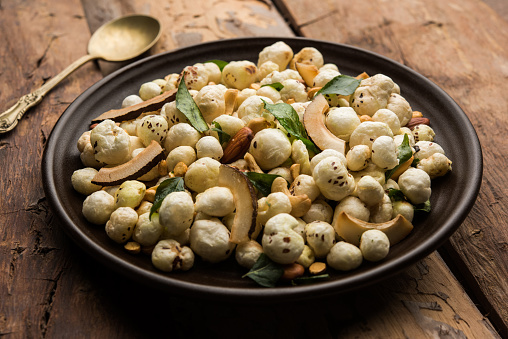By Rachna Chopra
Language is never innocent; it blatantly reveals its motive. When people say less is more, they are betraying where their true loyalty lies—to more, and quite possibly, excess. We don’t see folks saying love is hate, or joy is sorrow. The reason why less is still resting on more, is because global cultures have always frowned upon less, so much so that even when they glorify it, it is with reference to more. Search for the synonyms of less in the Thesaurus, and you will find minus, diminished, lower, minor, beneath, and even negative!
If you ask me, I would describe less as light, lean, nimble. Less is least, less is likable. Less is simple. It is uncomplicated. When I think of less, I think of my father. He personified what is simple, frugal, honest, gentle, quiet. He was non-demanding, non-expecting, non-complaining. He consumed less of everything. Less of talk, less of ambition, less of company, less of entertainment, less of thoughts. When he closed his eyes, he was in one thought-less space, brimming with inspiration. That is the power of less; likened to the fury of a small fire that can set a forest ablaze. Less is not more; it is powerful because it is less.
It is the same principle that Buddha applied, when he plunked down under one Bodhi tree, with one burning quest, not ten! It begins to appear that the secret to realizing anything worthwhile is narrowing your choices down to a few. When we apply this “principle of less” to our diet, it becomes a practice of being an Alpahari—one who consumes less food. It is the simplest of diets that gives the benefits of all modern diets combined (Atkins/Paleo/Vegan/others), such as weight loss, lower body mass index, reduced risk of heart disease and chronic ailments. Yet, it is most sustainable, and can be practiced under all circumstances and at any place.
That is because this is not a diet per se, rather an eating practice that lays no dietary restrictions, other than being temperate. It does not control what but how much. Yet by merely controlling portions, it does a very powerful thing. It controls the tongue—the great shape shifter that the Bible describes as the “restless evil” and Chanakya Neeti (treatise on the ideal way of life) warns against. By control of our taste buds, it controls our senses, and thus our minds. Patanjali’s first verse of yoga calling it Citta Vritti Nirodha (control of the modifications of the mind) cannot be realized without bridling the tongue.
Becoming an Alpahari is the first step towards this taming of the tongue. As you start eating less of what you ate, the progression to eating fewer times a day and restricting your range of foods happens organically. You find yourself rejecting heavy fried foods, overload of carbs or cookies, intoxicants, and foul dead meats. You begin to start feeling lighter and joyous, as your body has less digesting to do and fewer toxins to dispense.
Within the next few weeks, you start redacting time devoted to planning, preparing or talking about food. You start making do with remaining groceries before restocking; and may experience a growing indifference to food pairings (e.g.: pasta with wine, khichdi with curd), arising from an understanding that our relationship with food ends the moment it slides down our throats.
As your taste buds become subtler, you may start gravitating towards other less commonly used medicinal foods that grow on wood, in the sea, river beds and ponds; the likes of Wood Ear mushrooms, seaweed or fox nuts (makhanas). These are light on the belly, and offer a surprising wealth of health benefits. Or you may simply eat with one vegetable or one curry, so you can focus singularly on its flavor without dilution of flavor.
Metaphysically, the practice of less gives focus, alignment and convergence of purpose. If continued for an extended time, it spills over to other dimensions of life, such as consumption of news, politics, and entertainment. Your text messages get shorter, phone conversations brief, and you can count your thoughts on the phalanges of your fingers. In the freed up space of your body and mind, your breath begins to flow as a kite floating against a vacant sky. It’s now—when you start reaping the benedictions that less gave you—it would simply feel unjust to call it more!

The author of this holistic wellness blog is a modern mystic, fire Worshipper and spiritual travel guide. She guides self-discovery journeys to places of power and pilgrimage in American Southwest and South Asia.
Web: www.rachnachopra.com,
Email: [email protected]











